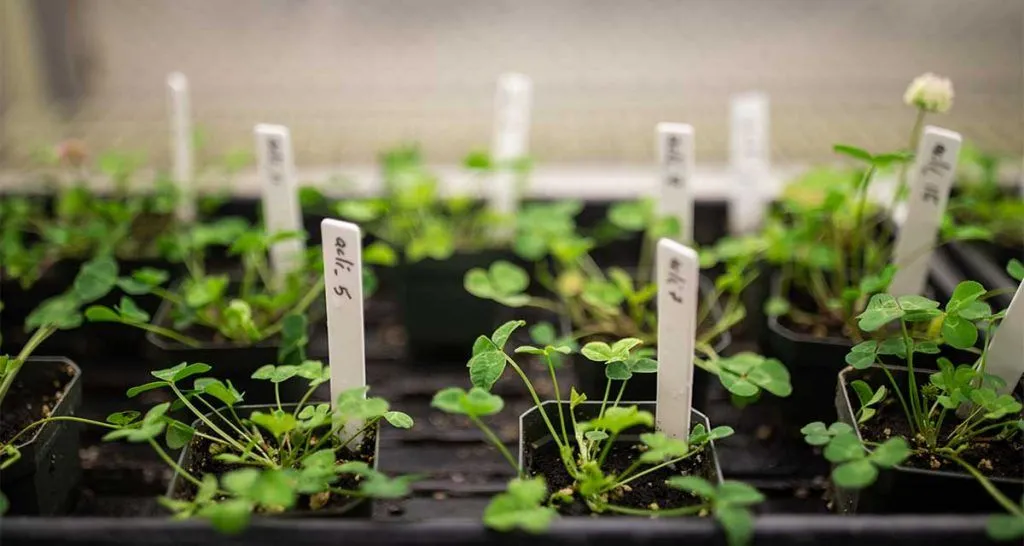In the XXI century, we live in a time in which modern medicines prevail of sale with a prescription in pharmacy, but does it have to be the only way for healing? Today, we are more focused on cure than prevention. The lack of physical activity, poor diet and the continuous stress to which we are subjected makes it necessary every time the use of different preventive medicinal plants.
Even with all these options designed at our fingertips, many people are becoming interested in medicinal plants that years ago ceased to be interesting. In them, we find natural remedies that have the ability to heal and improve physical and mental well-being.
In fact, at the beginning of the twenty-first century, according to the World Health Organization, more than 10% of the 250 basic medicines consumed in the world had their origin in the plant world.
Medications such as quinine, codeine, and morphine contain plant-derived ingredients.
However, many medicinal plants and natural infusions offer simple and almost harmless ways to improve our health. In addition, many of them are covered by scientific evidence, with extensive studies and knowledge about possible interactions or safety problems.
Therefore, it is very important to recognize the different scientific studies that are carried out around the world to demonstrate the benefits offered by each of the medicinal plants, infusions, and foods we consume. Hence, medical translations are an important means of increasing the distribution of knowledge in all countries.
Table of Contents
Know your real needs
First, it is important to determine why we want to add medicinal plants to our daily lives. Is it looking for our overall well-being, or do we want to address a specific health issue?
Certain medicinal plants are considered by the scientific community to be safe and effective enough for general well-being. They can often be found in herbal products or in supplement form (capsules or tablets).
These medicinal plants and their active ingredients can be used to help with:
- Boost immunity
- Help us fall asleep.
- Improve alertness or mood.
- Reduce or address stress.
- Increase antioxidant intake.

Preparation of medicinal plants
It is important to understand how medicinal plants are prepared to be consumed and what is the best method to take them.
Herbal preparations mainly include:
- Infusions
- Dyes
- Tes and tisanes
- Powders
- Capsules
- Poultices
- Balms and ointments
The method used depends on what the herb is used for, how it is stored, and how long you want it to last.
World’s most popular medicinal herbs
Ginkgo
This plant is one of the older tree species, ginkgo is also one of the oldest homeopathic plants and a key herb in Chinese medicine. The leaves are used to create capsules, tablets, and extracts, and when dried, they can be consumed as a tea.
Ginkgo is used to prevent, according to the medicine translation from different studies:
- Dementia
- Alzheimer’s disease
- Eye Health
- Inflammation
- Diabetes
- Bone healing
- Anxiety
- Depression
Turmeric
With its bright orange coloration, it’s impossible to overlook a jar of turmeric on a spice shelf. Originally from India, turmeric is believed to have anti-cancer properties and can prevent mutations in DNA.
Turmeric can be used to:
- Pain is caused by inflammatory diseases, such as arthritis.
- Cancer prevention.
- Stop DNA mutations.
- Various skin diseases.
Echinacea
Echinacea is much more than those pretty purple flowers you see in gardens. These plants and their flowers have been used for centuries as medicine in the form of tea, juice, and extracts. Today, they can be taken in the form of powders or supplements.
Echinacea can be used to:
- Colds
- Immunity
- Bronchitis
- Upper respiratory infections
Lavender
If you experience anxiety, chances are someone along the way has recommended that you use lavender essential oil, and for good reason. This aromatic purple flower has a pretty strong position among studies, which have focused mainly on its antianxiety capabilities.
Lavender could be beneficial to combat:
- Anxiety
- Stress
- Blood pressure
- Migraine
Chamomile
With flowers that resemble small daisies, chamomile is another medicinal plant that is believed to have antianxiety properties. Most people know it because it’s a popular tea flavor (about 1 million cups are consumed daily), but it can also be ingested through liquids, capsules, or tablets.
